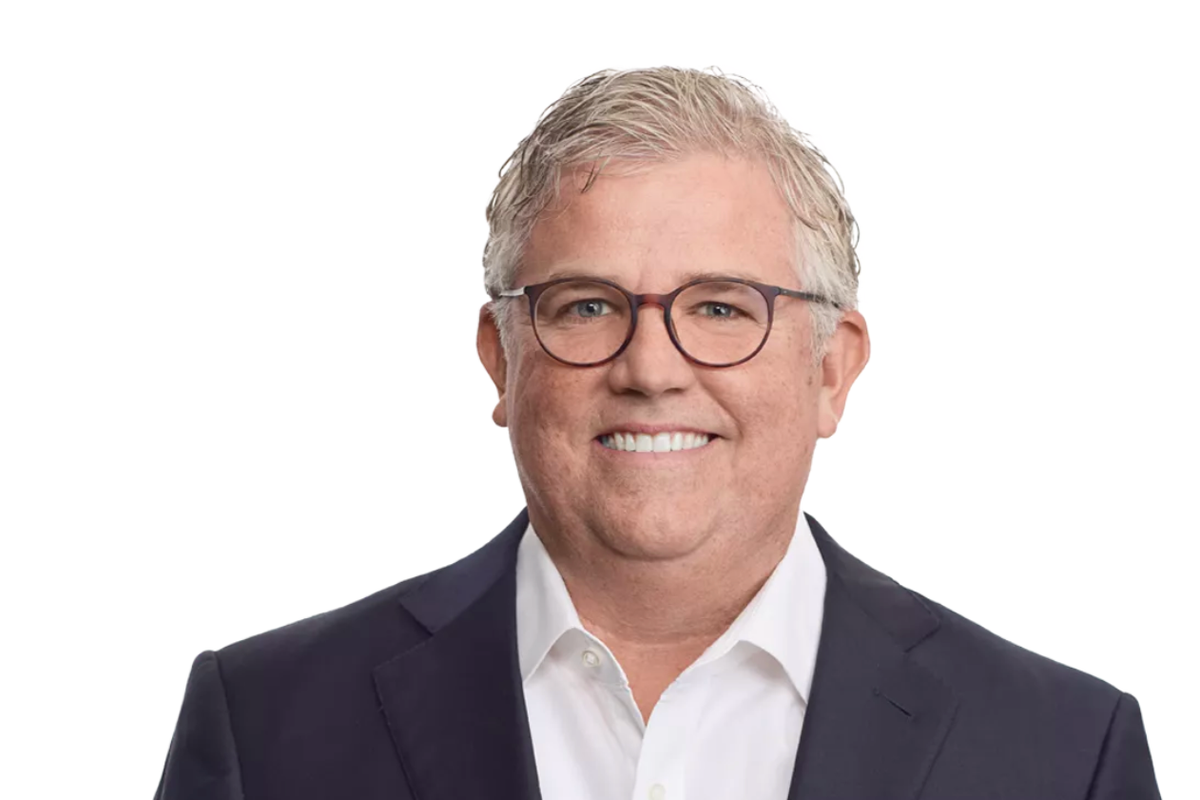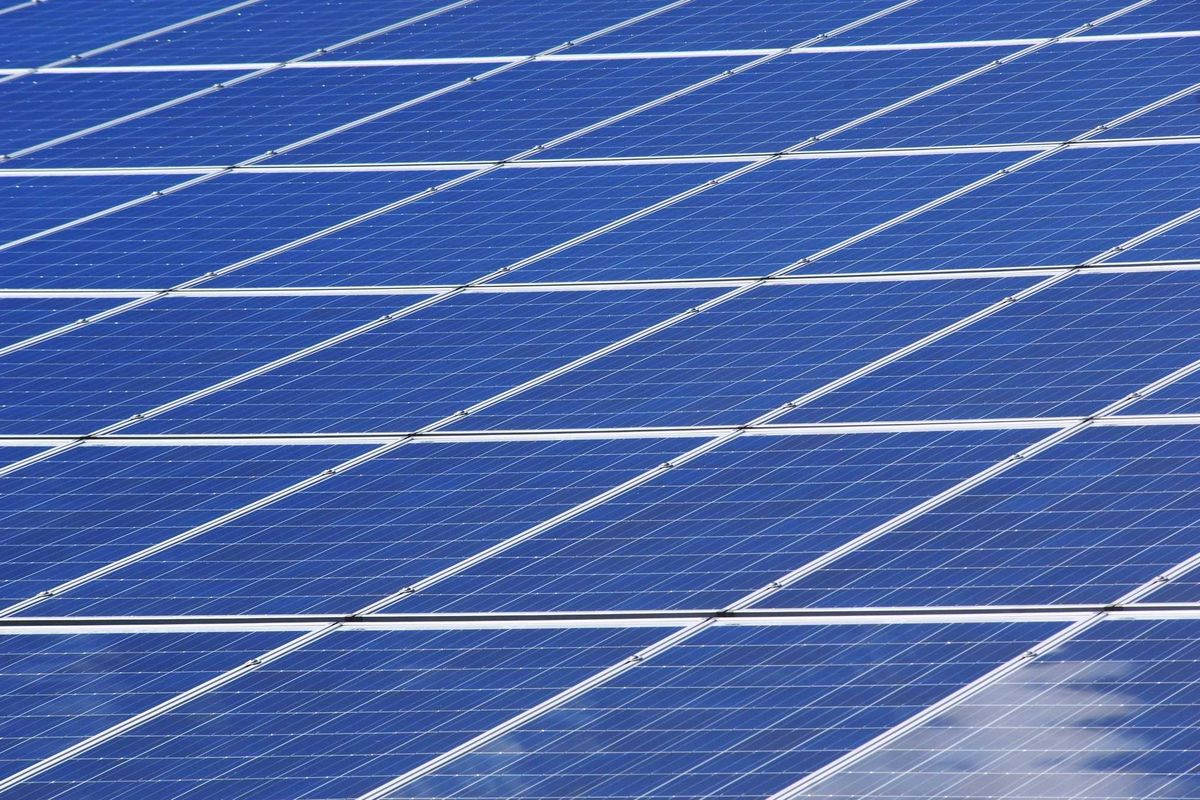Houston giant's growing virtual power plant tops energy news to know
Hot Topics
Editor's note: NRG has made headlines to start off the new year, with plans to grow its virtual power plant network and announcing a new CEO. Plus, Greentown Labs introduces its newest startups, and we preview the top energy events of the quarter. Read on for the top Houston energy transition news published Jan. 1-15, 2026:
1. NRG makes latest partnership to grow virtual power plant

NRG Energy has partnered with Sunrun to grow its virtual power plant and support the ERCOT grid. Photo via Pexels.
Houston-based NRG Energy has announced a new long-term partnership with San Francisco-based Sunrun that aims to meet Texas’ surging energy demands and accelerate the adoption of home battery storage in Texas. The partnership also aligns with NRG’s goal of developing a 1-gigawatt virtual power plant by connecting thousands of decentralized energy sources by 2035. Continue reading.
2. Houston-based NRG announces new CEO and succession plan

Robert J. Gaudette will take over as NRG's new CEO on April 30. Photo via NRG.com.
Houston-based NRG Energy Inc. announced that it has appointed Robert J. Gaudette as president and CEO. Gaudette took over as president effective Jan. 7 and will assume the role of CEO April 30, coinciding with the company's next stockholder meeting. Gaudette, who previously served as executive vice president and president of NRG Business and Wholesale Operations, will succeed Lawrence Coben in the leadership roles. Continue reading.
3. Japanese company launches solar module manufacturing at Houston-area plant

TOYO Solar LLC has begun operations at its solar module manufacturing facility in Humble, Texas. Photo via Pexels.
A local subsidiary of a Japanese solar equipment manufacturer recently began producing solar modules at a new plant in Humble. TOYO Co. Ltd.’s TOYO Solar LLC subsidiary can produce 1 gigawatt worth of solar modules per year at a 567,140-square-foot plant it leases in Lovett Industrial’s Nexus North Logistics Park on Greens Road. TOYO Solar’s next phase will accommodate 2.5 gigawatts’ worth of solar module manufacturing. The subsidiary eventually plans to expand manufacturing capacity to 6.5 gigawatts. Continue reading.
4. 40+ climatetech startups join Greentown, including a dozen from Houston

Twelve local startups have joined Greentown Houston, along with others from around the world. Photo courtesy Greentown Labs.
More than 40 climatetech startups joined the Greentown Labs Houston community in the second half of 2025. Twelve hail from the Bayou City. The companies are among a group of nearly 70 that joined the climatetech incubator, which is co-located in Houston and Boston, in Q3 and Q4. Continue reading.
5. 10+ must-attend Houston energy events happening in Q1 2026

CERAWeek returns to close out March 2026 programming in Houston. Photo via CERAWeek.com
With the new year comes a new slate of must-attend events for those in the Houston energy sector. We've rounded up a host of events to put on your calendar for Q1, including some that you can attend this month. Plus, other premier annual events will return in February and March 2026 and are currently offering early-bird, discounted registration. Continue reading.





